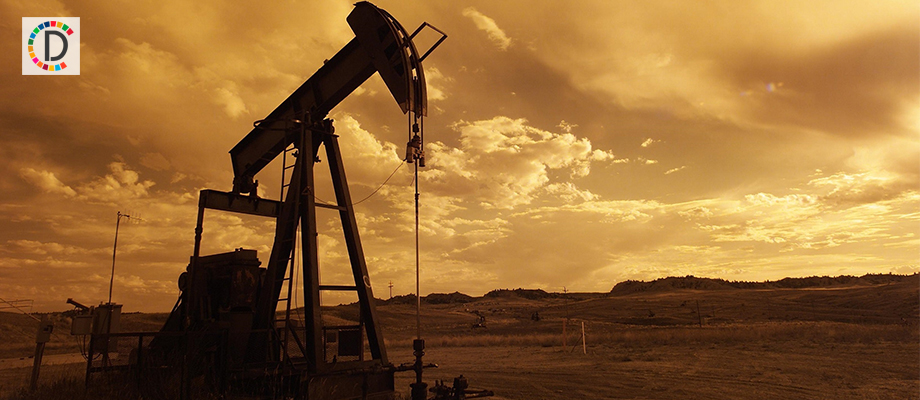EXPLAINER-How the U.S. could tighten sanctions on Russia
The United States has imposed sanctions on major Russian banks, including Sberbank, the country's largest lender. Washington could further target Gazprombank and others, O'Toole said, wielding Washington's most powerful sanctioning tool and adding them to the SDN list.

The United States has imposed several rafts of sanctions on Russia over its invasion of Ukraine in February, targeting its central bank, major lenders, oligarchs, and Russian President Vladimir Putin.
Here are some ways in which the United States could further increase sanctions on Russia. ENERGY
The European Union's executive on Wednesday proposed the toughest package of sanctions yet against Moscow for its war in Ukraine, including a planned embargo on Russian oil. Diplomats said talks were complex but many expressed confidence all 27 EU governments could agree before next week.
Edward Fishman, who worked on Russia sanctions at the State Department during President Barack Obama's administration, said now that the EU is moving toward an oil embargo, it opens up possibilities on what Washington and its allies can do next. "I think the next step is going to be the United States working with the EU and the rest of the G7 to globalize that campaign against Russia's oil sales," Fishman said.
Some measures the West could impose to restrict Russia from receiving payment for oil could include requiring all payments for Russian oil to go into escrow accounts outside of Russia and setting a price cap on what can be paid for Russian oil, backed up by the threat of secondary sanctions, Fishman said. Another option would be for the EU to impose import taxes on Russian oil, Fishman said.
Brian O'Toole, a former Treasury Department official now with the Atlantic Council think tank, said the United States could also ban the provision of insurance for Russian oil cargoes and threaten secondary sanctions on any foreign person who conducts a significant transaction with a Russian cargo vessel. He said such a move would "greatly complicate Russia's ability to ship oil elsewhere."
The United States could also further tighten energy-related sanctions by adding major companies such as oil giant Rosneft or gas producer Gazprom to the Specially Designated Nationals (SDN) list. TIGHTENED SANCTIONS ON BANKS, STATE-OWNED ENTERPRISES
Experts have said the United States can also expand its punitive measures on Russian banks and state-owned enterprises. The United States has imposed sanctions on major Russian banks, including Sberbank, the country's largest lender.
Washington could further target Gazprombank and others, O'Toole said, wielding Washington's most powerful sanctioning tool and adding them to the SDN list. Such a move would effectively kick them out of the U.S. banking system, ban their trade with Americans and freeze their American assets.
"Apart from Gazprombank, there's nothing left of strategic significance in the banking world in Russia. So, frankly, if they did Gazprombank separately, I think the step after that would just be a complete financial embargo," O'Toole said. FINANCIAL EMBARGO
A total financial embargo on Russia would likely be implemented through the issuance of a new executive order that would bar Americans from exporting to or importing from Russia goods, services or technologies, said O'Toole. "Then Russia becomes Iran," he said.
SECONDARY SANCTIONS The United States could also enforce secondary sanctions against designated Russian entities and individuals, which would threaten anyone in the world performing transactions with Russia, Fishman said.
FURTHER SWIFT RESTRICTIONS In early March, the EU named seven banks it would bar from SWIFT, the world's main international payments network, including Russia's second-largest bank VTB. However, lenders handling energy payments were spared.
The United States and its allies could further tighten those restrictions and block access of more or all Russian banks to SWIFT. The EU's latest round of sanctions proposes cutting Sberbank off from SWIFT.
OLIGARCHS The United States could impose sanctions on Russian oligarchs who have not yet been targeted, perhaps by bringing its measures in line with the EU and United Kingdom, which have targeted several Russian oligarchs not so far designated by Washington.
They include billionaire Roman Abramovich and tycoon Mikhail Fridman. In his State of the Union address in March, Biden said the United States would work to seize the yachts, luxury apartments and private jets of wealthy Russians with ties to Putin.
(This story has not been edited by Devdiscourse staff and is auto-generated from a syndicated feed.)
ALSO READ
U.S. Tightens Sanctions on Maduro's Inner Circle
U.S. Pushes for Humanitarian Truce in Sudan Amid Escalating Crisis
U.S. Military Maneuvers in the Caribbean: No Fear of Russian Escalation
Impending Decisions: Muslim Brotherhood Under U.S. Scrutiny
U.S. Housing Market Battles Economic Uncertainty Amid Modest Sales Increase










